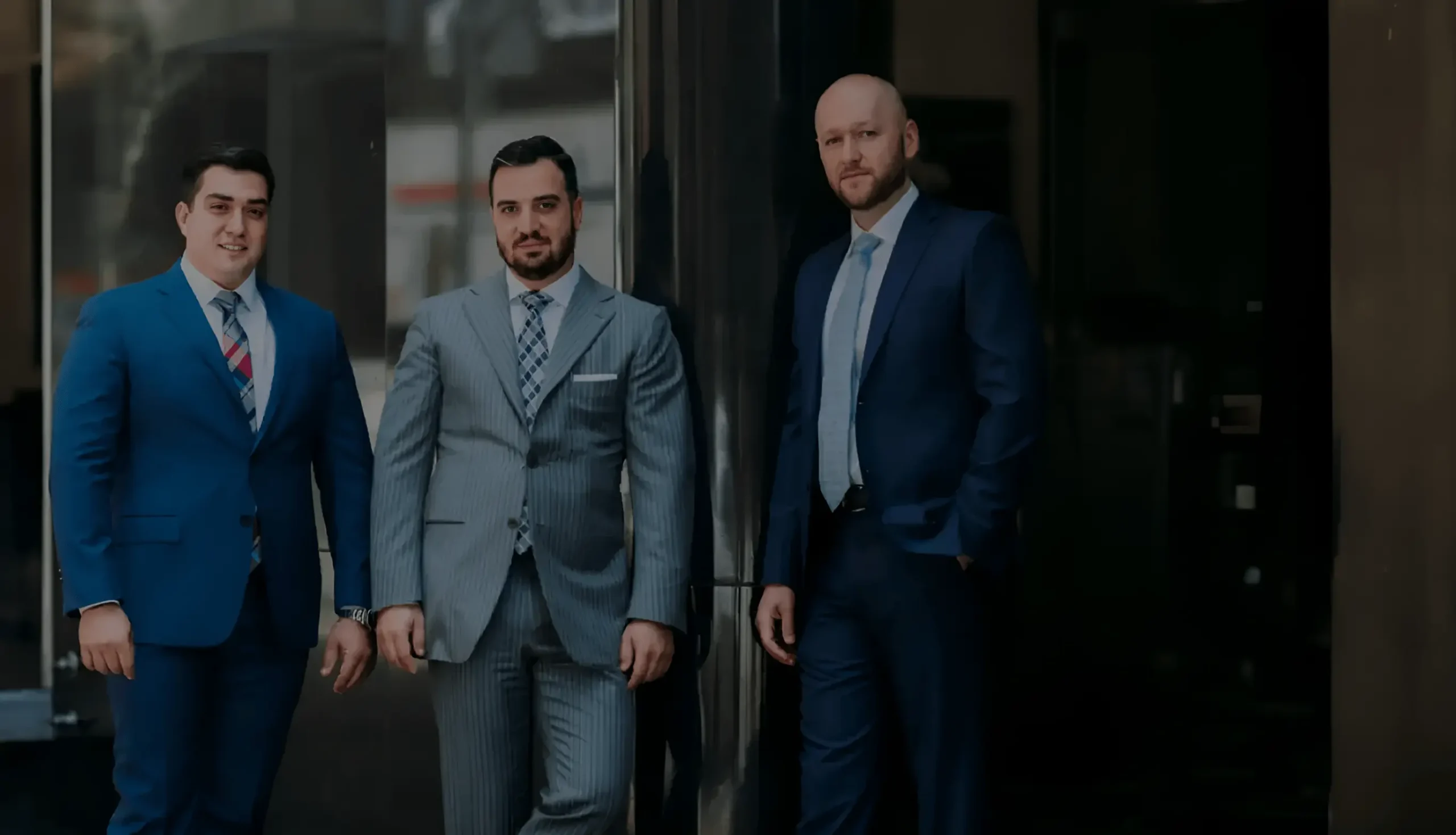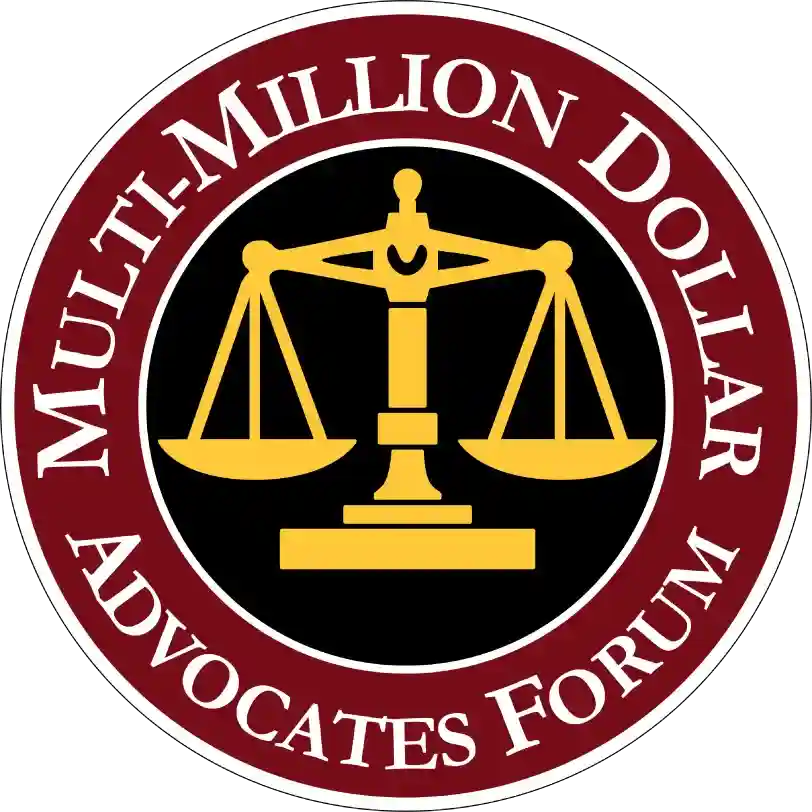Criminal Charges vs. Civil Claims
Victims of clergy sexual abuse can seek criminal charges. Law enforcement would investigate the claim, and a prosecutor would determine if criminal charges would be brought.
Our firm could help with civil actions brought in clergy sexual abuse matters. A claim could be brought against the clergyman who committed the abuse. The church or religious organization that the abuser was a part of can also be a defendant. In a civil case, the victim can ask for monetary compensation for past and future medical expenses, emotional pain and suffering, and punitive damages. A victim may also seek injunctive relief, which is when the court orders a party to take certain steps to prevent the abuse from happening to someone else.
Statute of Limitations for Sexual Abuse Cases
The statute of limitations sets a timeframe for when legal proceedings must start after an alleged incident.
The statute of limitations for criminal sexual abuse charges varies depending on the offense. For rape, oral copulation, lewd or lascivious acts, and continuous sexual or abuse of a child, if the offense was alleged to have been committed prior to the victim being 18 years old, the action can be commenced at any time prior to the victim’s turning 40 years old for crimes that were committed after January 1, 2015. Offenses must be brought within 10 years of the commission of the offense if the victim was over the age of 18 when the offense occurred.
The statute of limitations for civil claims is different. For sexual abuse of children under the age of 18 that occurred after January 1, 2024, there is no statute of limitations for a victim to bring civil charges against an abuser. As such, a victim can bring civil claims against their abuser at any time. For sexual abuse that occurred prior to January 1, 2024, a victim can bring a civil claim against their abuser until the age of 40 or within five (5) years of their discovery of the abuse or damages associated with their abuse, whichever is later.
Understanding where your case may fall within the statute of limitations can be difficult. The experienced team at Levin & Nalbandyan Trial Lawyers in Los Angeles can help you determine what the statute of limitations may be for your clergy sexual abuse case.
Get Started Today
 facebook
facebook Instagram
Instagram Twitter
Twitter Linkedin
Linkedin Youtube
Youtube Tiktok
Tiktok



















